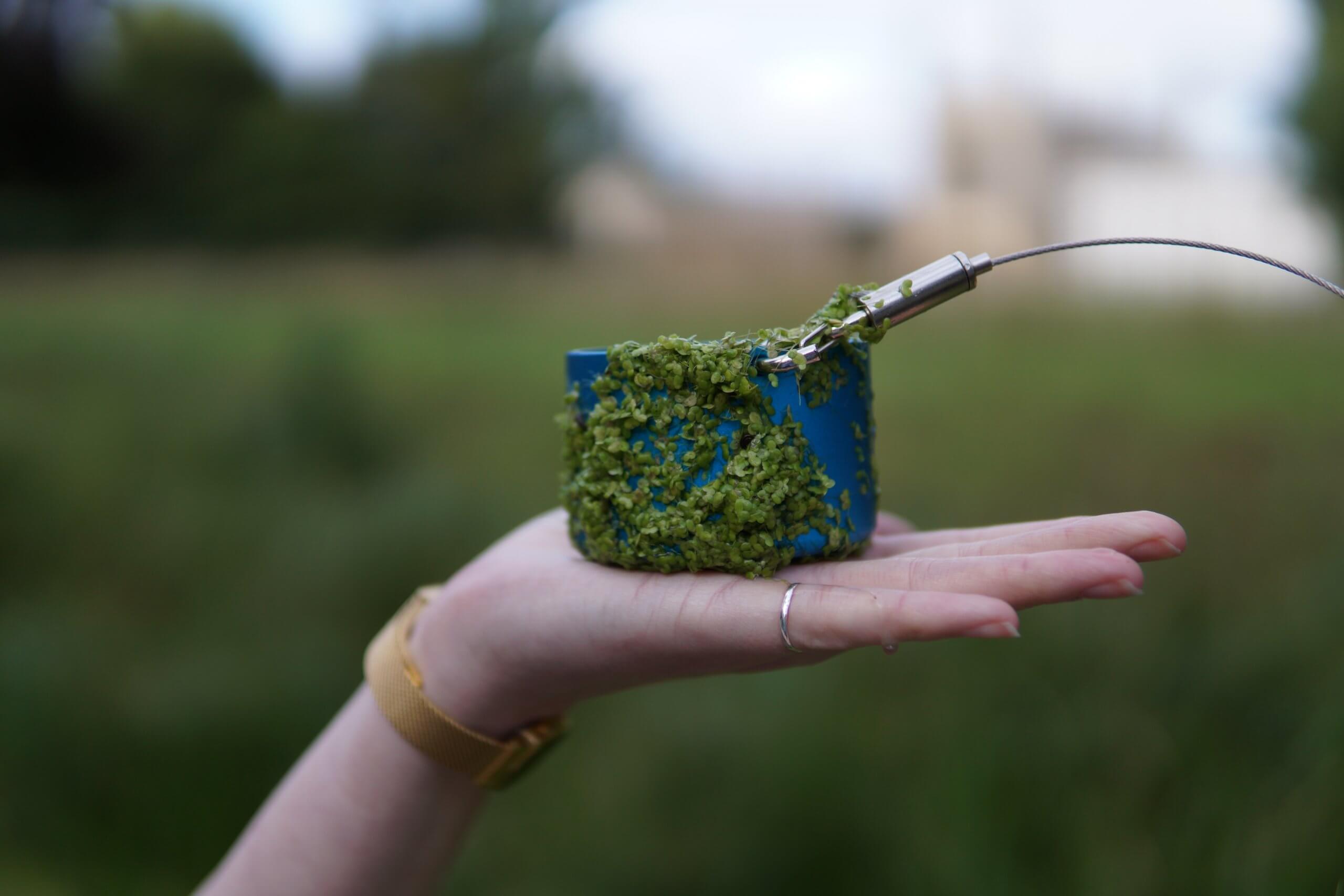
Achieving UNICEF's TPP using Human Centred Design
June 2020
In August 2019, UNICEF published a Target Product Profile (TPP) to outline the current demand, opportunity, and user requirements for an easy to use, rapid, bacterial testing system for drinking water.
For the past year, we've been working on refining the design of the WaterScope system to make it as simple, robust and rapid as possible so that it aligns with requirements detailed in the TPP. To achieve this development, we were awarded an Innovate UK/GCRF grant. The development is being completed in two phases, each using human-centred design methodology to ensure the system maintains the scientific integrity of lab-based tests, but can be used by anyone in the field, regardless of skillset or resource.
During the first phase, we built nine testing systems and 180 disposable cartridges at our workshop at the University of Cambridge. In collaboration with The Technology Partnership we completed an ideation workshop to see if the test could be used by water-testing experts. Pain points, moments of confusion, feedback, and issues were used to further design our system in preparation for the second phase. In the coming months, we will work with the Centre for Global Equality (CGE) to conduct field tests with our partners i4Water (South Africa), STIClab (Tanzania), and the Blue Nile Centre (Ethiopia).
Using this approach, our system has the potential to empower community stakeholders, as well as enable increased testing, communication, education, and ultimately better water quality for those that need it most. This project is key to developing our scalability, ensuring the system is fit for purpose and improving our networks so that we can extend our reach and benefit more communities. It also represents a vital step on our journey to becoming financially sustainable so that we no longer rely on grant funding to deliver our project.
